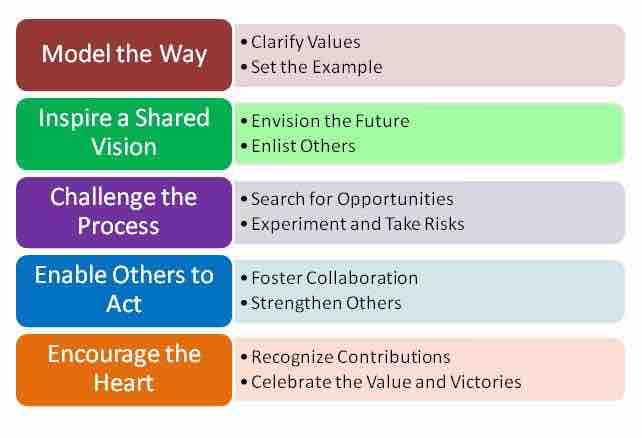Leadership is the ability to motivate people and mobilize resources to accomplish a common goal. In leadership, honesty is an important virtue, as leaders serve as role models for their subordinates. Honesty refers to different aspects of moral character. It indicates positive and virtuous attributes such as integrity, truthfulness, and straightforwardness. These characteristics create trust, which is critical to leaders in all positions. Honesty also implies the absence of lying, cheating, or theft.
Subordinates have faith in the leaders they follow. A leader who is not honest will lose legitimacy in the eyes of followers. Integrity and openness are essential to developing trust, and without honesty a leader cannot gain and maintain the trust needed to build commitment to a shared vision.
Leadership experts Jim Kouzes and Barry Posner find honesty to be the most important trait of effective leaders. In its absence, leaders lack credibility, and their ability to influence others is diminished. Honesty also brings a degree of transparency to a leader's interaction with others.
For Kouzes and Posner, honesty is a critical element of the five behaviors of effective leaders.

Five behaviors of effective leaders
This model was created by Kouzes and Posner to emphasize vital leadership practices.
- Model the way: Leaders must clarify their values and set an example for their employees to imitate, underscoring the importance of modeling positive characteristics such as honesty.
- Inspire vision: The vision is the emotional element of a company's mission statement, and this vision must be communicated honestly and with passion. Promoting the company's vision allows leaders to inspire employees.
- Enable others to act: Leaders often make the critical mistake of micromanaging, as opposed to trusting others to do their job. Trust stems from honesty, and creating an honest environment allows other employees more personal autonomy.
- Challenge the process: Leaders need to be attentive to how things are done, not just what gets done, and they must be willing to address areas that require change. These practices are essential for continuous improvement, progress toward goals, and innovation.
- Encourage the heart: Leaders must nurture the emotional dimension of their relationships with followers. Showing appreciation, creating a supportive environment, and fostering community sentiment helps build commitment to the leader's vision.
In summary, leaders are tasked with balancing the organizational strategies of management with the social elements of leading. This requires leaders to be in tune with their employees' emotions and concerns in a meaningful and honest way. Effective leaders set strong behavioral examples while communicating their vision to inspire employees. The need for honesty is woven throughout the primary activities of effective leaders.